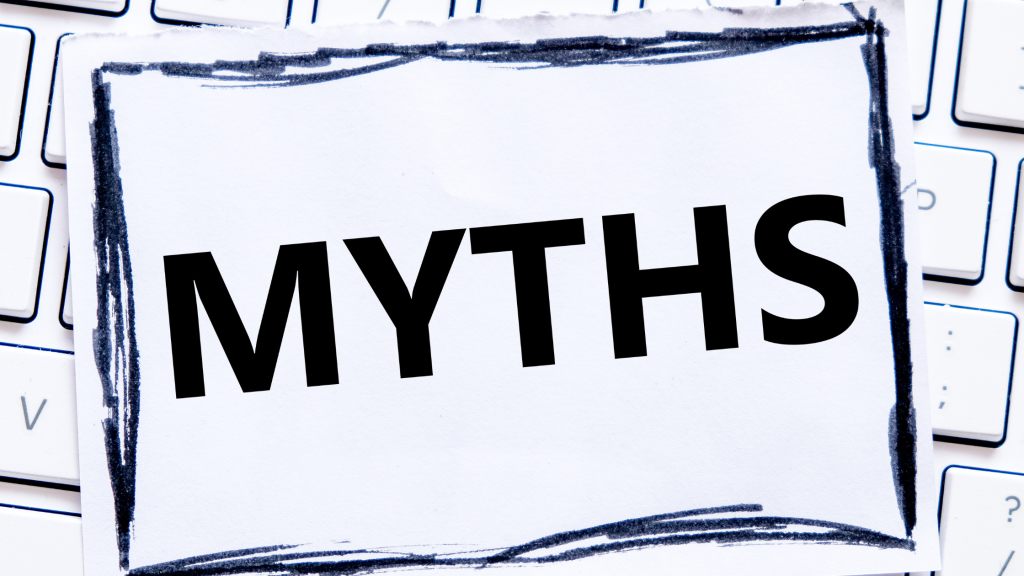Debunking Myths About SEO for Local Businesses
Introduction
Search Engine Optimization (SEO) remains a powerful tool in the digital realm. Yet, the air around it is thick with myths. As local businesses invest time and resources, it’s crucial to distinguish between fact and fiction.
Myth 1: SEO is a “Set It and Forget It” Strategy
The Ever-evolving SEO Landscape
Search algorithms undergo frequent updates. Companies need to remain proactive, adapting their strategies to accommodate these changes. The digital realm is ever-evolving; resting on one’s laurels can quickly make a once top-ranking website obsolete.
Myth 2: Local SEO is Only for Small, Local Shops
Broadening the Horizon
From national chains to franchises, any entity that operates in a specific locale can harness the power of local SEO. Localized content, local backlinks, and Google My Business listings can amplify the online presence of even large enterprises.
Myth 3: Overemphasis on Keyword Density
Shifting to Semantic Search
Google’s algorithms have matured to understand context. Instead of keyword-stuffing, emphasis should be on topical depth and providing comprehensive answers to user queries.
Myth 4: Backlinks Are Becoming Irrelevant
Quality Links: The Lifeline of SEO
Backlinks remain a crucial ranking factor. However, search engines now focus on the quality of these links. Earned backlinks from reputable sources reinforce your site’s credibility.
Myth 5: Negative Reviews Ruin Your SEO Efforts
Constructive Criticism as an Opportunity
Negative reviews can actually bolster credibility by presenting a balanced view. Moreover, they offer businesses a chance to showcase their customer service prowess by addressing grievances transparently.
Myth 6: Social Media Doesn’t Affect SEO
Interplay of Social Signals and SEO
While not a direct ranking factor, social signals, like shares and likes, enhance visibility, potentially increasing inbound links and traffic—both positive indicators to search engines.
Myth 7: Voice Search is a Passing Trend
Speaking to Search
Voice search is growing exponentially, thanks to smart speakers and voice-activated assistants. Optimizing for voice requires understanding natural language queries and providing concise answers.
Myth 8: Mobile Optimization is Secondary
Rise of the Mobile Era
With mobile searches eclipsing desktop, a mobile-responsive site is vital. It ensures that users have a seamless experience, decreasing bounce rates.
Myth 9: Meta Descriptions Don’t Matter
Crafting a Compelling Preview
Meta descriptions influence user click-through rates. An engaging description acts as a mini-advertisement, compelling users to explore your content.
Myth 10: Longer Content Always Ranks Better
Striking a Balance
Long-form content can showcase in-depth knowledge, but brevity has its merits. It’s about striking a balance and aligning with user intent.
Myth 11: SEO and PPC are Unrelated
Complementary Forces
SEO and PPC are two sides of the same coin. When synchronized, they can provide insights into keywords, improve content strategy, and boost online visibility.
Myth 12: SEO is Too Technical for Average Business Owners
Demystifying SEO
Yes, there’s a technical side to SEO. But many aspects, like content creation and link building, are accessible to anyone willing to learn.
Myth 13: Being First is the Only Thing That Matters
The Power of Top Five
While being number one is a boon, research shows that the top five results share a significant portion of clicks. It’s more about relevance and value than just rank.
Myth 14: Directories Have Lost Their Importance
Relevancy of Local Directories
Local directories, especially reputable ones, can bolster your local SEO efforts by providing authoritative backlinks and amplifying local visibility.
Myth 15: Quick SEO Results are a Guarantee
Patience is a Virtue
SEO isn’t about instant gratification. It’s a long-term strategy where consistency, adaptation, and patience are key.
Myth 16: Images Don’t Matter in SEO
Visual Optimization
Images, when optimized with relevant file names and alt text, can enhance user experience and contribute to SEO. They can even appear in image search results, providing another avenue for traffic.
Myth 17: Duplicate Content Leads to Penalties
The Duplicate Content Dilemma
Although penalties aren’t standard for duplicate content, it can affect your site’s ability to rank. It’s essential to use canonical tags or rework content to maintain uniqueness.
Myth 18: All SEO Tools Provide the Same Insights
Diverse Tools for Diverse Needs
Different SEO tools have varying strengths. Some excel in backlink analysis, while others focus on on-page SEO. Utilizing a combination can provide a holistic view of your SEO landscape.
Conclusion
Armed with the truth, local businesses can leverage SEO for sustainable growth. In a world of ever-changing algorithms, understanding the core principles and debunking myths are essential.

